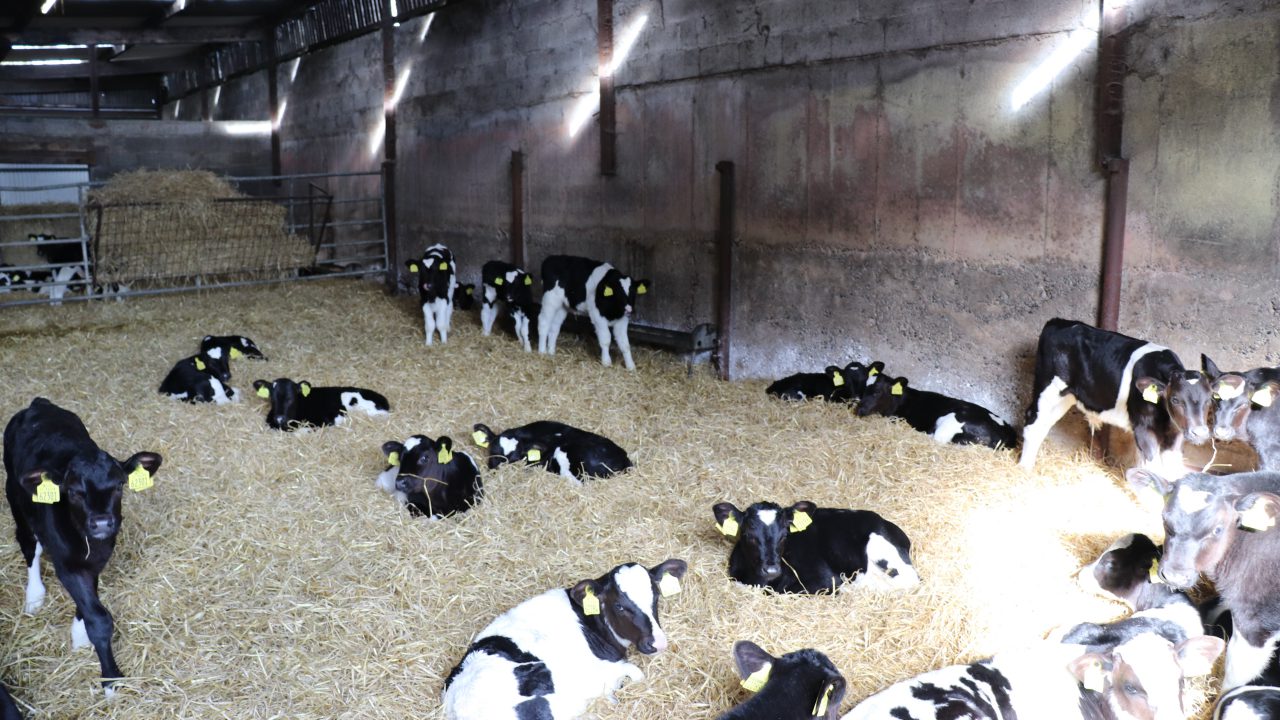The proposal to implement sweeping new rules on animal transport should be ultimately “decided by science, not sentiment”, one farm oganisation has said.
The Irish Creamery Milk Suppliers’ Association (ICMSA) has reacted to a new report from the European Parliament’s Committee of Inquiry on the Protection of Animals during Transport (ANIT Committee).
That report called for several new restrictions on the transport of certain categories of animals, including (but not limited to): a ban on the transport of calves under five weeks-of-age; a two-hour limit on travel times for unweaned calves above that age; and a ban on the transport of in-calf cows in the third trimester.
Pat McCormack, the association’s president, said he respects the rights of the ANIT Committee to set out its views, but that it was “absolutely essential that decisions taken in relation to animal transport have a strong scientific basis and are not based on sentiment or pre-defined political views”.
“Farmers accept the need for strong animal welfare legislation, but that will have to be based on science and veterinary advice,” McCormack said.
He continued: “We’re not going to accept people with pre-defined views and with little or no understanding of farming proposing legislation based on sentiment that will seriously and negatively impact Irish farmers here in the only-food producing island in the EU.”
McCormack highlighted the extent to which animal transport is already regulated, and the emphasis the Department of Agriculture, Food and the Marine places on compliance.
The ICMSA president also noted that live exporters have “invested heavily in state-of-the-art facilities with a strong emphasis on animal welfare and operate very professional businesses to a high standard”.
“Live exporters are hugely important to Irish farmers and play a central role in providing competition for cattle. It is supremely important that Ireland is not disadvantaged, given our off-shore position relative to our main markets in the EU,” he argued.
McCormack claimed that some members of the ANIT Committee joined it with the intention of stopping live exports, saying he wasn’t convinced “that they even want to hear scientific evidence, much less take it into consideration”.
“We are even less convinced that they understand the potential consequences of their proposals for the trade in food products,” he asserted.
“As it stands, it is likely that the EU Commission will bring forward proposals in 2023 and that body, together with the European Council and European Parliament, have to make a decision based on the science and the full economic and agricultural consequences of their proposal – both predictable and unintended,” McCormack added.
